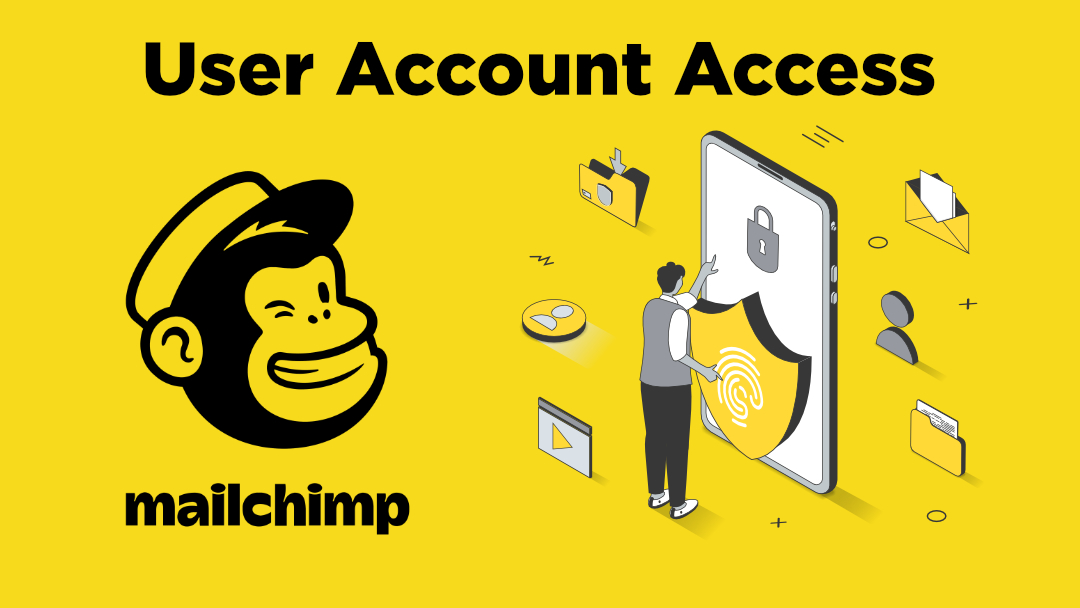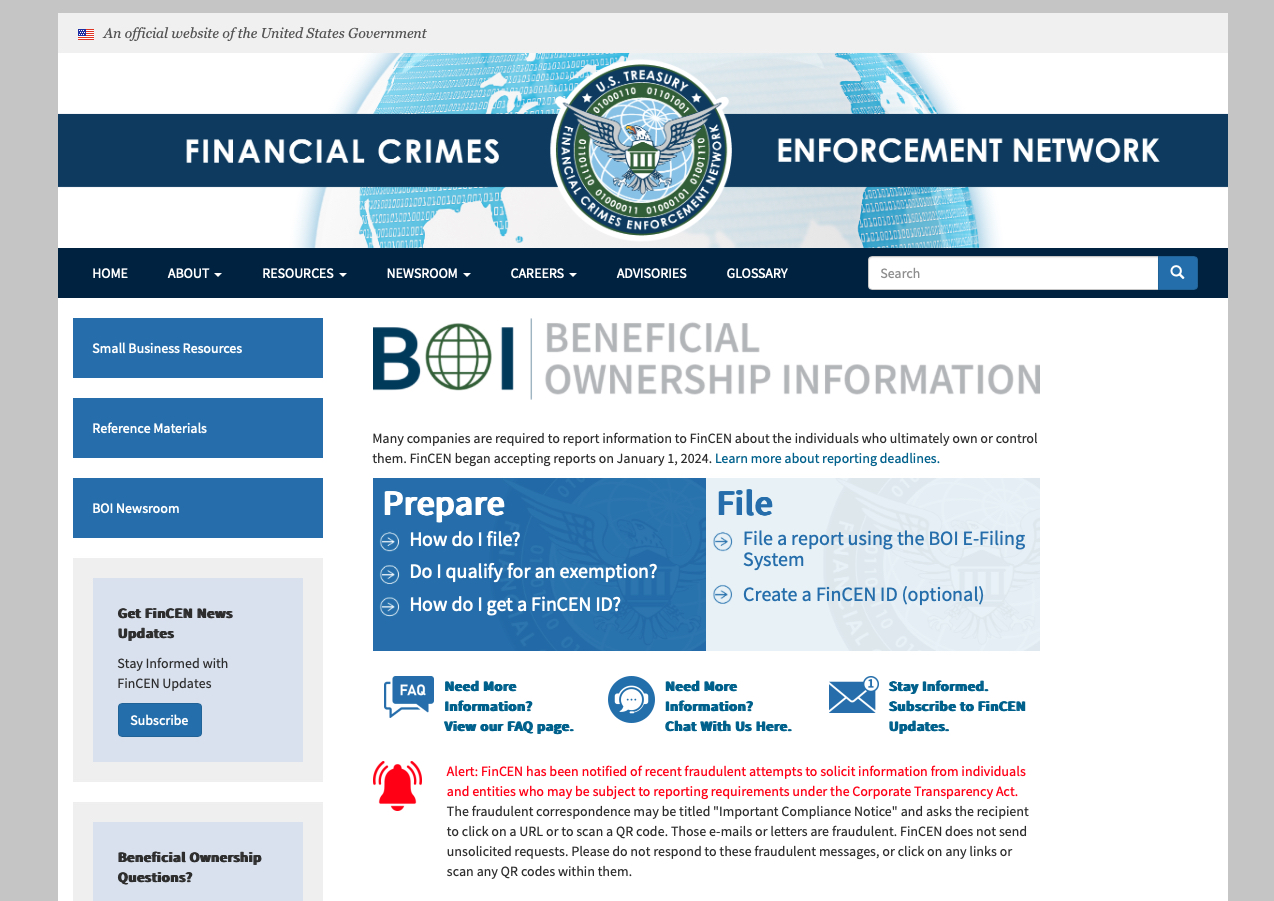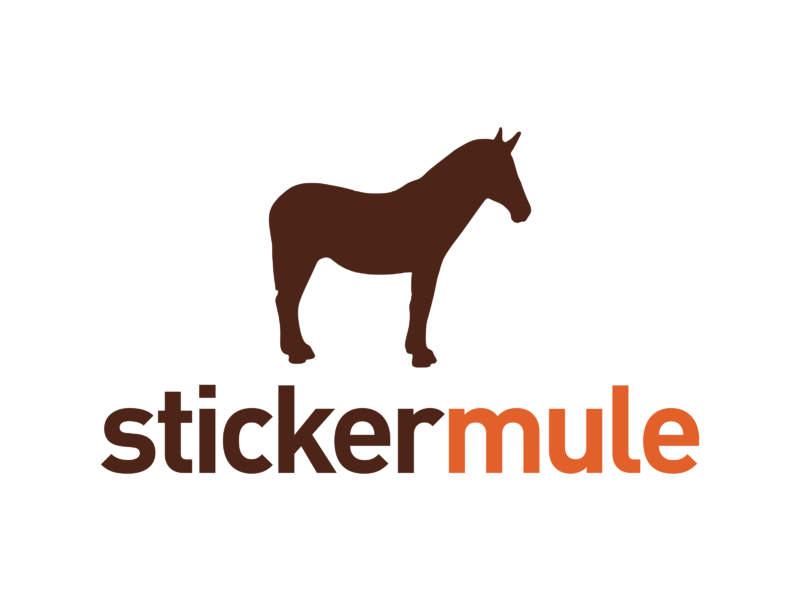All Posts, Marketing
 Our last 4 prospective client requests for websites all had questions about blogs. I personally was pleased because there seems to be a growing conscientious to how effective blogging is to not only your site’s SEO but to your business’s brand. There’s a few things I want to talk about like transparency, effectiveness, analytics, and search engine optimization. Now I know there are many blog platforms out there, but for me a self hosted WordPress site offers so many options and features and the learning curve is fantastic to pick up and go.
Our last 4 prospective client requests for websites all had questions about blogs. I personally was pleased because there seems to be a growing conscientious to how effective blogging is to not only your site’s SEO but to your business’s brand. There’s a few things I want to talk about like transparency, effectiveness, analytics, and search engine optimization. Now I know there are many blog platforms out there, but for me a self hosted WordPress site offers so many options and features and the learning curve is fantastic to pick up and go.
The Reach: Taking some time out each week to write a post or two can really help drive some numbers to your website. Mainly because WordPress and search engines get along really well, but also because blogging creates fresh new content on your website where a traditional website may only see new content once a quarter. Even what could be seen as a low-interest website like stamp collecting could achieve visits by the thousands each week based on what they talk about and how. Never limit your business products or services to just what you think may be a small target audience. This is the internet we’re talking about here, millions of people are on throughout the day and night. There’s bound to be hundreds of thousands who share your views and can appreciate your opinions and opposition to a subject matter.
Engage, Engage, Engage: Consider other blogger’s and sites that talk about what you do and comment on their posts. Not so much to try to drive away readers, but to bring up valid points that may have been missed, or a little bit of controversy. We all like drama, and some of the hottest posts aren’t in the original article but in the comments where readers go back and forth trying to one up each other or drive home a point. You’d also be surprised at all the places you post, and who may want to view your blog entries to see if you know what you yourself are talking about.
Crowd-sourcing and Feedback: Without full-out asking for it, blogging can be a way to get great customer feedback. Consider a competitor of yours recently launched a new product. At first it seems like a great idea and may be a great product to those that need it. But what if it has a major flaw or is missing something vital that one of your products has and your clients appreciate much more than your competitors? Well after writing a post about it comparing the two products, you can see how your visitor weigh in with their comments. Of course your post won’t be written in a way to seem like your bashing. We’re not trying to be e-thugs, but a tasteful comparison could lead to better R&D for your brand, even when there isn’t competition.
Search Engines: I wonder when we’ll stop calling them search engines and just refer to Google instead. Google’s algorithms are still quite unknown, but what is known is how well an unknown website can pop-up as a number 1 or 3 organic result for a subject matter. Regardless of what the site looks like, and more so on how relevant the content is to the string of keywords used in a user’s search. With a static HTML site, you’d have to embed keywords, a page description, and some meta-tags to your page’s code. Not to mention the on-page keyword usage and image ALT tags you’d have to remember to include. With WordPress all of that is mostly taken into consideration. When adding an image to a post you easily have the options to put captions and alternate text messages for your images and graphics. You have a categories and tags box to check off and type in your keywords and associated post categories. It all really makes for an effortless optimization.
Overall Effectiveness: If you’re a small business who thinks that no one out there is interested in reading about what you have to say, let me tell you that you’re wrong. Even for the stamp collector, there is plenty to say that people are looking for. Imagine if you were the only blog out there talking about the history of some stamps, or hidden facts about some designs for stamps, or maybe even ways to save money on postage that most people wouldn’t know. I’m not a stamp collector but show me how to save money on postage and I’ll be all over it, and share it with my friends who may share it with their friends. One because its easy to read and share both on computers and mobile devices, and Two because it offers an audience I normally wouldn’t be able to reach on my own through traditional marketing. When I first started blogging late last year, I posted once a month (maybe) and I had traffic to my blog at about 25-50 people a month. Now I have a team of 2 other (3 soon) bloggers and we each post a different subject article once a week. In the past 30 days we’ve had almost 1500 visits (Google Analytics).
I hope that this clears some uncertainty on why you should get blogging NOW! For those of you that already do, add your pointers in the comments below. We can all learn something to be more effective!
Social Media, Web Design
 I have some goals I set out for this year and one of them is meeting new people. Specifically business professionals and entrepreneurs. By now most of them have websites created which is great. If you’re in business you should have a website, period. Well I used to preach that and actually that’s not all of it. Your website needs a few more elements than just content and contact information.
I have some goals I set out for this year and one of them is meeting new people. Specifically business professionals and entrepreneurs. By now most of them have websites created which is great. If you’re in business you should have a website, period. Well I used to preach that and actually that’s not all of it. Your website needs a few more elements than just content and contact information.
By now you should have already heard the term Web 2.0 already. Basically it means a new way that websites use to communicate and interact with visitors. You’ll see this with short videos, social media, instant chat, blogs and comment options. These are great ways to mine information from your visitors but also create a more personal connection to them while keeping them engaged to stay longer on your website. Obviously the longer they stick around the higher the chance that they will use or purchase your services and products.
Lets start with Social Media. Depending on your business and service, you may want to use a few of the many social media services that are currently popular.
Facebook I would recommend starting with. Setting up a Fan Page isn’t difficult and may take up to an hour to do. Add some pictures and comments and anything else of interest to your page and profile. Once properly setup with all your profile and contact information, you then need to suggest this page to all of your friends on your personal side of Facebook. This is so that whenever you post from your Fan Page, they will see your post and hopefully comment on it – but also their friends will see it and hopefully become fans too.
Twitter is another great service that helps get your business to people who otherwise would never know you. So whenever you have a new blog post, or sale, or promotion, or event, you post that info in a Tweet. Now Twitter isn’t the place for only trying to make a sale, its a place to make new connections with people who are in all types of likes and industries. Most connections are with people you never met before, but engaging in brief conversations develops a relationship going forward which can lead to sales and referrals. Twitter is also a form of Micro-Blogging which then leads into Blogging. If you’re not a writer, you can train to be by using these means.
Blogging. If you’re not doing it yet, you’re missing out on creating wonderful and meaninful content about your industry. I make the analogy with blogs to how having a website years ago was like being ahead of the game; and now having a website is vital. Same thing with a blog. Your posts should be about tips and information about your industry and services. Things that would appeal to people who seek your services and people within your industry. These posts get indexed into search engines and when people are looking for such information your website may pop up. Create valuable content and build your reader base. In turn, they’ll pass along your posts via social media links and draw in more readers who could then be potential clients and customers of your trade. Are you seeing the pattern here?
Call to action. I have said it before in previous posts, but you have to give your readers something for free if you want their contact information. A website that receives 2,000 hits a day but gains no information about the visitors and converts none of them to leads is not a functioning website. Most sites with great call to actions have items like free e-zines, newsletters, image downloads, website analysis, and more. But everything they offer is free. The only string attached is a vistors email address and maybe their name on a simple form.
None of this should be done over night. Proper implementation does take a bit of time. I strongly suggest a web consultant if you’re not versed with the “lingo” to make these adjustments yourself. Or if you are you can always Google you way through it I suppose. Just know that these things are important to your bottom line if you want to see a greater ROI on your website. If you have any ideas to add to this short list please leave a comment below.
All Posts, Social Media
 No matter what your business is, a blog is increasingly being regarded as a necessity. From architecture, to web design, having a blog to talk on your relevant subject matter is a great way to show knowledge and offer tips on your industry.
No matter what your business is, a blog is increasingly being regarded as a necessity. From architecture, to web design, having a blog to talk on your relevant subject matter is a great way to show knowledge and offer tips on your industry.
- You’ll learn more about your industry by blogging. You’ll be forced to continually learn more specific details about your trade, and also find a need to keep your finger on the pulse of newest developments. By blogging about up to the minute topics, search engines will see your blog posts on relevant topics and you’ll actually show up. For example, when Apple does a press conference about a new device, sites like Engadget and Mashable are already talking about it (in some ways live) on their sites.
- An audience will see you as the authority on a subject matter. Do you have inside tips on how to flip realty properties? Well the more you give out this “coveted” information, the more people will visit your site looking for more. And they’ll tell others about your site and blog too. Why? Because the tips you’re providing are practical, and actually work. So going forward, they’ll look to you before even trying Google!
- The ability to engage. What you blog about, people will be able to respond do. Which is nice because for one you get to hear great feedback (good or bad) about what you’re talking about, and also it grows your contact list. These responders will be registered on your site to comment, which gives you their contact information for your newsletters and such.
- To help people. It’s not always about pushing your products and services. It should be more about how you can give back to your community. I think this is a key element because it shows how humble your business is. And if a visitor to your site feels comfortable with you (even having to never have met you), chances are they’ll contact you for services.
- A Social Media hub. As you use Facebook, Twitter, LinkedIn and other social media sites, you link back to your blog on relevant subjects. So if you wrote a new blog post, you should tweet about the subject and link it back to your blog. Same with this the other sites. The hope is that your followers Re-Tweet it, “Like” it, and share it among their friends and followers. This also amplifies your message to lengths that you would otherwise never be able to reach.
- Blogging grows your network. The more you blog and circulate your posts among people on your lists and followers, the more search engines will pick you up in organic searches, and the more visibility your blog will get from people all around the internet.
- Promoting your product and services. Just released some new software that will help save people 30 or more minutes in conversions or calculations? Well put out a press release on your blog about it. Talk about the details, how it works, why it is better than your competition’s software, and how compatible it may be with existing software.
- Compensations. Yes successful blogs do actually make money. Maybe not enough to quit your day job over, but you can make some change by hosting ads on your blog pages. At first it may start with free ad placements from various local or lesser known companies. Eventually as you grow your traffic, you can sell these ad spaces to reputable vendors for their products and services. You’ll want to keep things relevant to your trade and industry.
- RSS and syndication. One of the first things you need to do is setup an RSS so that people can sign up and get your newest posts directly to their RSS readers. RSS stands for Really Simple Syndication. So that means each time you hit that “publish” button, you readers will get your post directly to their emails, smart phones, and RSS readers almost instantly.
- Because it’s fun. Yes blogging can be fun. I think at first it is seemed as a necessary task, but eventually it becomes something you’ll enjoy doing. Especially when you hear feedback from your readers. The more engaged they become the more you want to provide quality content for them to read and pass along to others.
Do you have some other tips to ad to this? We’d love to hear them in your comments below.
 Our last 4 prospective client requests for websites all had questions about blogs. I personally was pleased because there seems to be a growing conscientious to how effective blogging is to not only your site’s SEO but to your business’s brand. There’s a few things I want to talk about like transparency, effectiveness, analytics, and search engine optimization. Now I know there are many blog platforms out there, but for me a self hosted WordPress site offers so many options and features and the learning curve is fantastic to pick up and go.
Our last 4 prospective client requests for websites all had questions about blogs. I personally was pleased because there seems to be a growing conscientious to how effective blogging is to not only your site’s SEO but to your business’s brand. There’s a few things I want to talk about like transparency, effectiveness, analytics, and search engine optimization. Now I know there are many blog platforms out there, but for me a self hosted WordPress site offers so many options and features and the learning curve is fantastic to pick up and go.

 No matter what your business is, a blog is increasingly being regarded as a necessity. From architecture, to web design, having a blog to talk on your relevant subject matter is a great way to show knowledge and offer tips on your industry.
No matter what your business is, a blog is increasingly being regarded as a necessity. From architecture, to web design, having a blog to talk on your relevant subject matter is a great way to show knowledge and offer tips on your industry.






